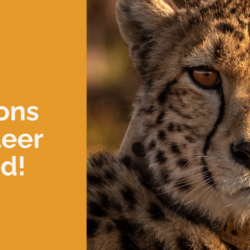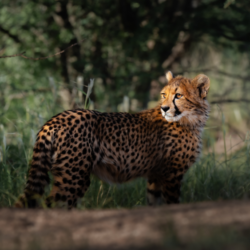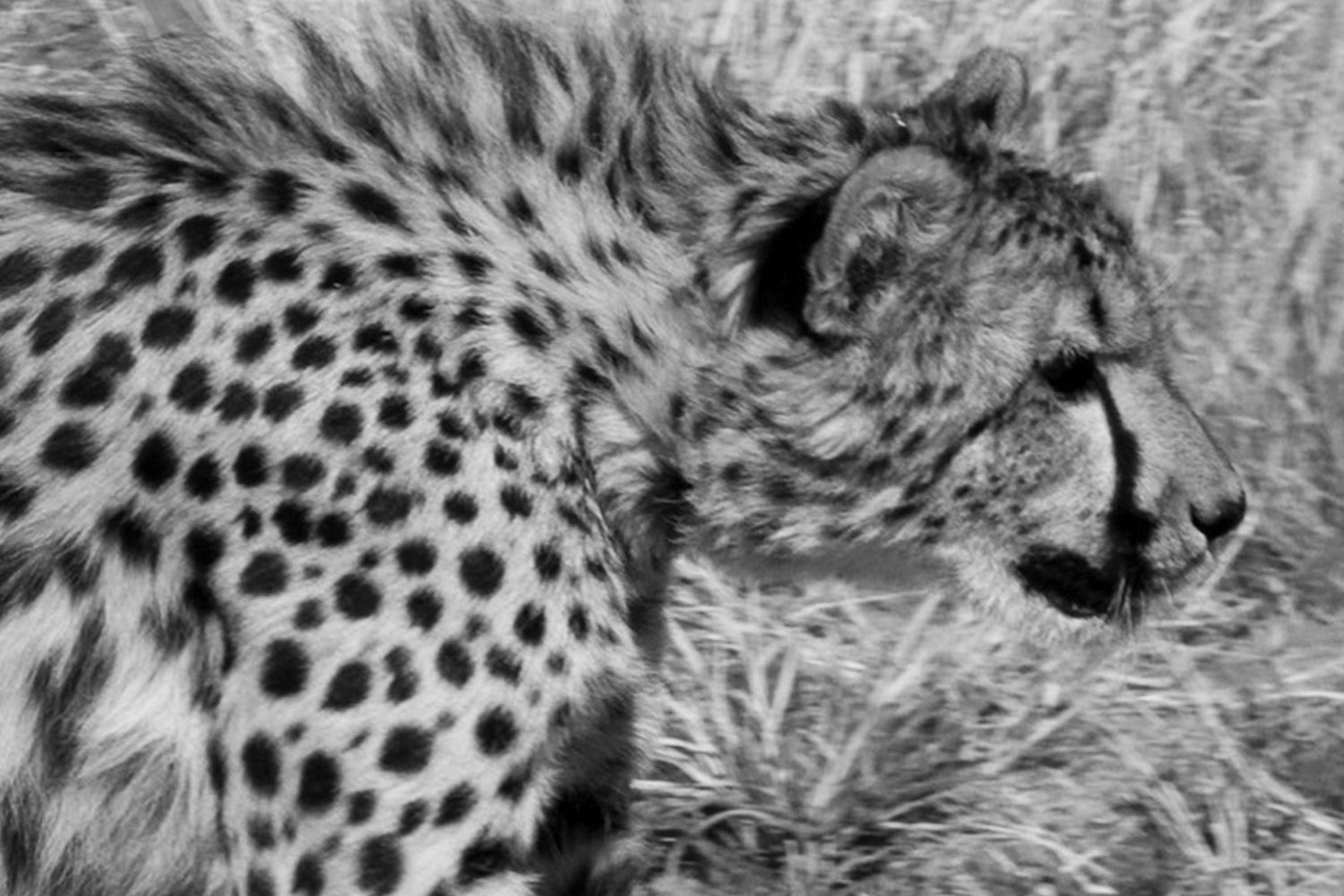Rescued cheetahs moved to their new home
-

- by Hannah Mulvany 2 March 2023

This past weekend, we moved two groups of cheetahs from our safehouses in Hargeisa, the capital of Somaliland in the Horn of Africa, to our new, expansive Cheetah Conservation Fund Cheetah Rescue and Conservation Centre (CCRC) in Geed-Deeble (an hour from Hargeisa).
For those who have been following our work for a while, you’ll be aware of our ‘safehouses’ but for any new supporters, let us fill you in! Our three safehouses have been home to an ever-growing number of cheetahs (and one leopard) for the past few years (92 at the last count), all of who have been rescued from the illegal wildlife trade (IWT). CCF has been working in this region for many years and has developed strong partnerships with the governments and NGOs. With cheetahs being a ‘fashionable’ pet in the Middle East, IWT is a huge threat to wild populations. We’ve worked together with Somaliland’s Ministry of Environment & Climate Change (MoECC) on many rescue missions, providing immediate veterinary care to the cheetah cubs at the site of confiscation before taking them back to our safehouses where they have received further veterinary and other support. Most of the cubs are believed to have been taken from the wild in Ethiopia, northern Kenya, Somalia, and Somaliland. The Somaliland coastline is a favoured trafficking route due to its close proximity to the Arabian Peninsula via Yemen, which is where the demand for pet cheetahs is the highest.

One of our veterinary team caring for a rescued cheetah in Somaliland
Unfortunately, as most of the cheetahs we rescue have been taken from their mothers at such a young age, they lack the survival skills to be released back into the wild. Therefore, they are facing a lifetime in captivity. With this being such an unfair fate, CCF wanted to make sure that these cheetahs had the best lives possible, and we have been on a mission to build the CCRC in Somaliland. Our huge new centre spans 800 hectares, giving the cheetahs plenty of space to roam around within their camps.
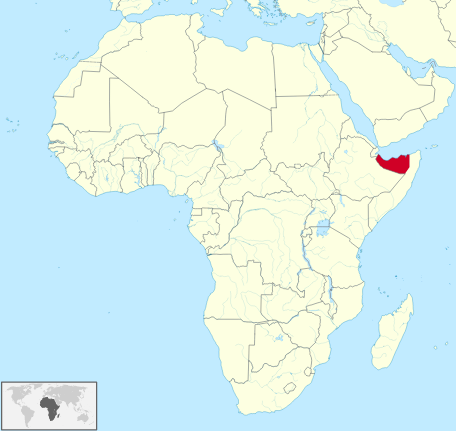
The vision for the centre is to provide our rescued cheetahs with a close-to-nature environment, space to roam, and the ability to live the healthiest, happiest lives possible. The CCRC will also house education and tourism centres. We have also signed an MoU with MoECC to help develop their first ever national park of 50,000 hectares, which will include our 800 hectare centre.
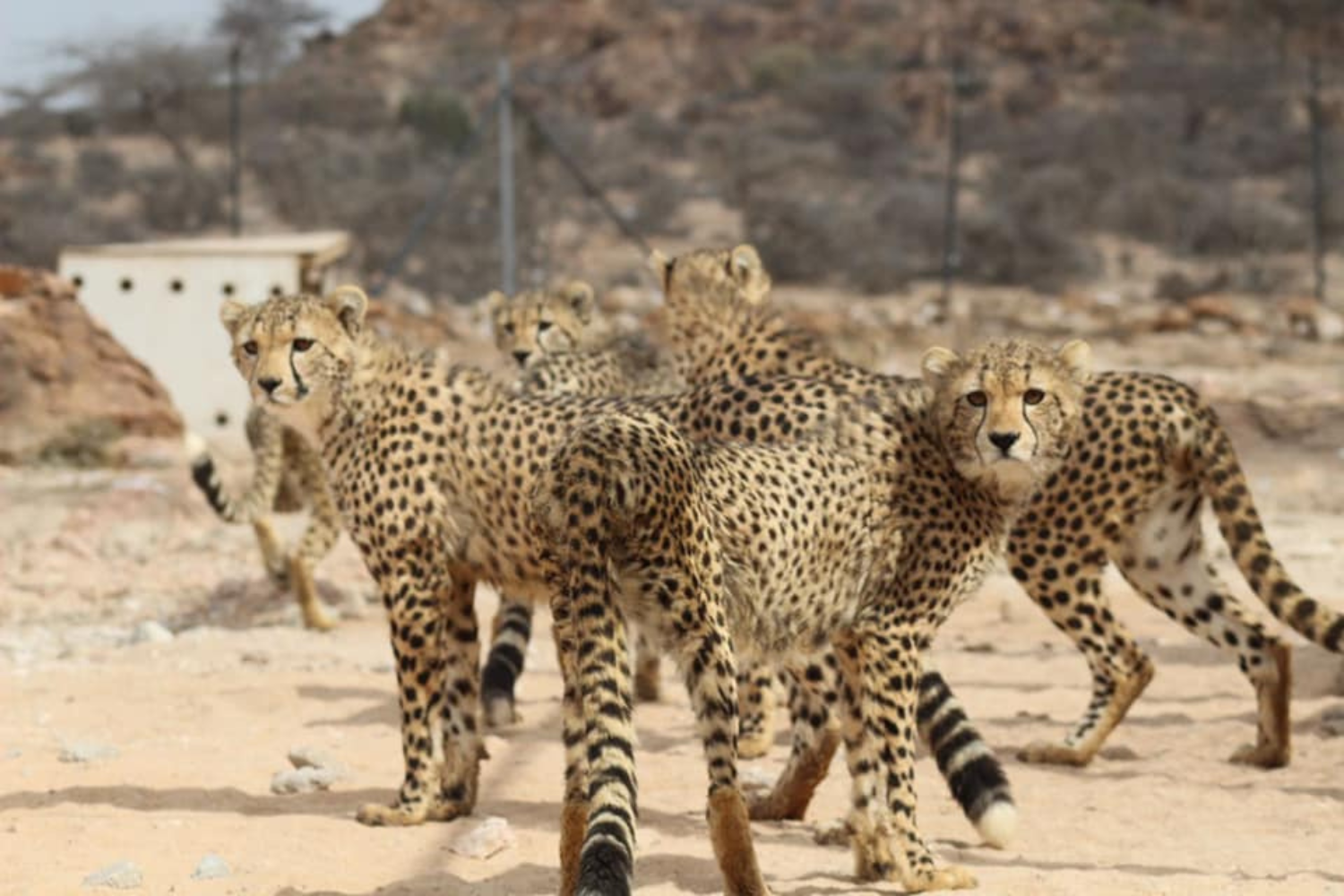
The cheetahs after being released into their new home
After some serious dedication from our amazing team, we were finally able to move some of our cheetahs on the weekend of the 25th of February 2023, then more later on that week. As you will imagine, our staff are absolutely thrilled as many have seen these cubs brought into our safehouses in a terrible condition, traumatised, malnourished and dehydrated, and have seen their health transform, before watching them grow into healthy juvenile cheetahs. Everyone was so happy to see them released into their huge new areas and begin to explore their new homes. As much as we wish they were still in the wild, at least this new home will provide them with the closest possible experience they are able to have.
e still in the wild, at least this new home will provide them with the closest possible experience they are able to have.
The whole CCF UK team want to say a huge well done to all of the staff and volunteers involved in building the centre, as well as those who have provided such amazing care for the rescued cheetahs.
Our work in the IWT arena doesn’t just involve rescuing cheetah cubs – we’re helping to stop the trade at its source, so that more cheetahs remain in the wild. We do this in many ways, including:
- Training farmers and conducting outreach in communities where trafficking is known to occur, which helps to support humans and wildlife that share the same landscape;
- Banking DNA samples to establish the origins of confiscated cheetahs and aid in investigations;
- Working with NGOs and governments in the Middle East to reduce demand for illegal pets throughout the region, whilst supporting the Horn of Africa Wildlife Enforcement Network (HAWEN) and national Illegal Wildlife Trade Task Forces.
- Surveying wild cheetah populations in the Horn of Africa to gain much-needed insight into their distribution and density.
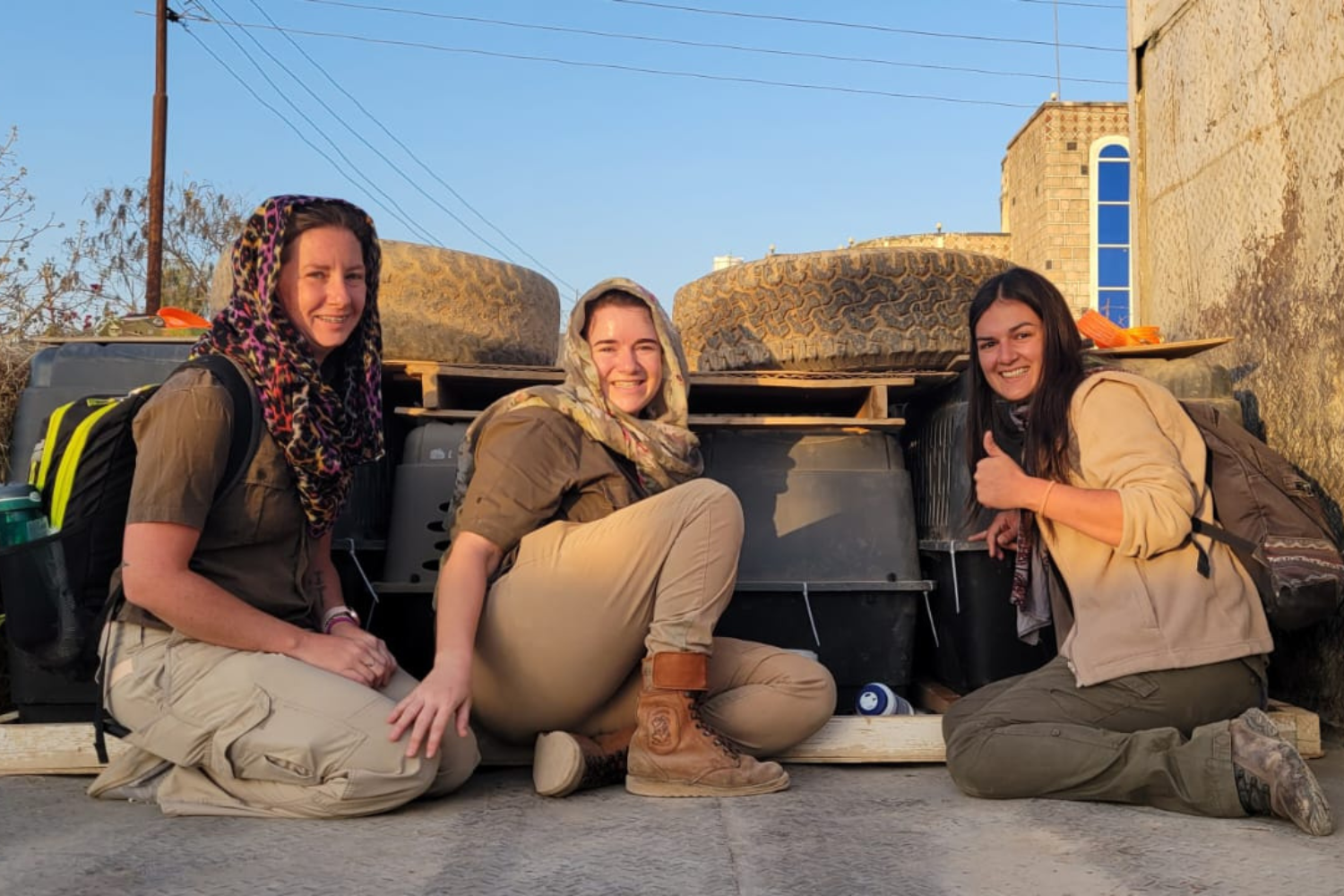
Such happy CCF staff – we love to see it!
Learn more about our work to shut down the illegal wildlife trade and support our campaign to make the world a better place for cheetah cubs here.
Related Reading
-
10 July 2024
Wildlife Photographer of the Month: Nathan Moine
